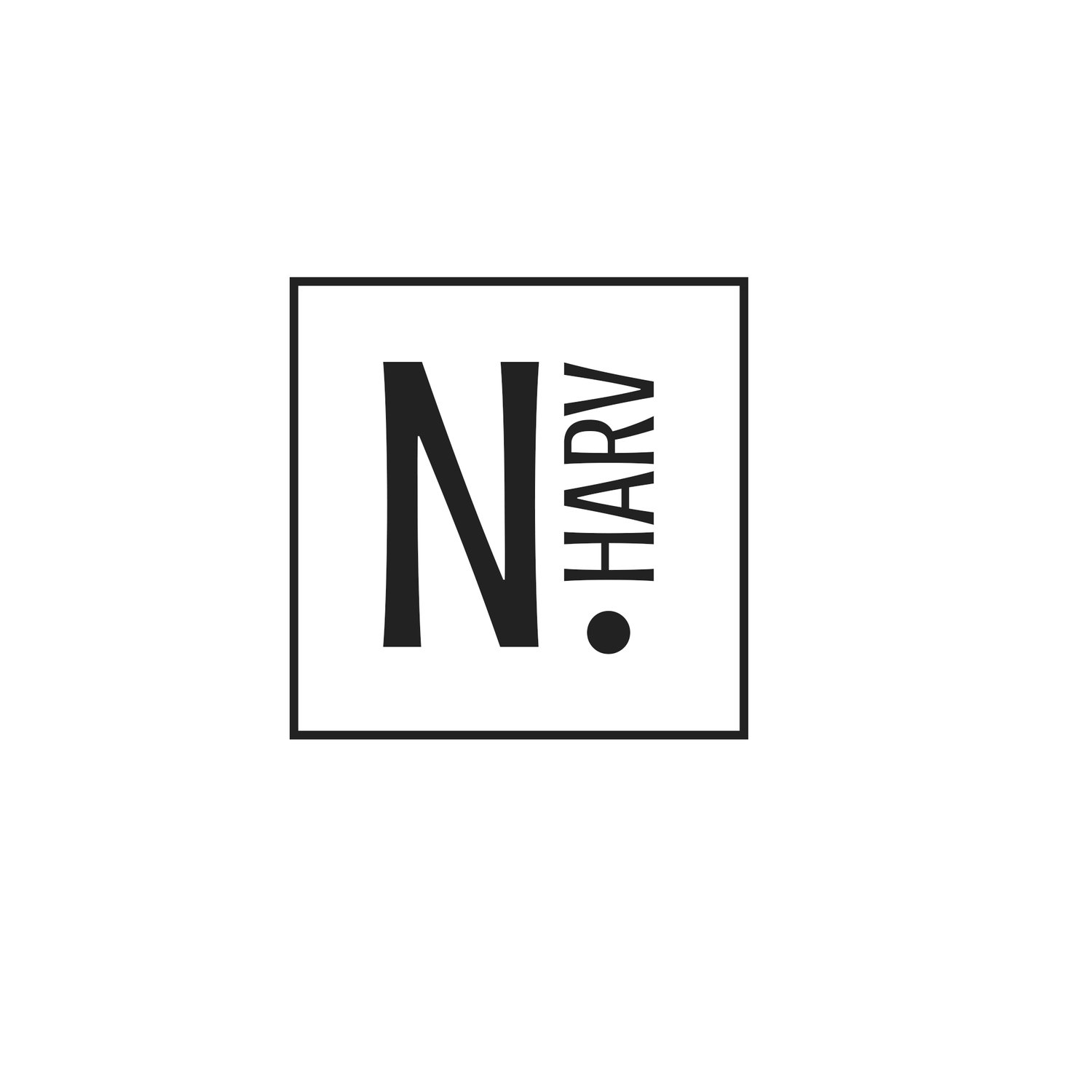How to Write a Book With a Full-Time Career
Writing a book can be overwhelming. You have to consider the genre(s) and a book title, chapter titles, word count, and book cover design that aligns with said book genre(s). Not to mention the investment factor a.k.a. money for the editor, the interior designer, and more. Whew!
If you’re an aspiring author who hasn't thought about all of this, I'm sorry I’ve added extra stress to your writing journey, however, I’m pretty sure you’ve given this brain space. In fact, these factors could be the reason why it's taking you so long to write and publish your book. And let's say you overcome the overwhelm of all the moving parts by finally discovering a writing system to make the writing process more manageable. (*Coughs and shamelessly plugs the five-step system mentioned in my Book-fluence book.)
What if time is the issue (even with a great writing system)?
Some of us are full-time employees with demanding jobs. Some of us are full-time students with demanding study hours. Some of us are parents—the most full-timiest, demanding job in the world. If writing is not your full-time career, then it's challenging to make time for it. I imagine It's even challenging for professional writers to make time for writing a book. Notice my choice of words in the previously mentioned sentences. I wrote "make time" and "challenging." That is not to be confused with "have time" and "impossible." It is very possible to write a book while having a full-time career outside of the publishing industry. In fact, I wrote my first grammar book, Look Better In Writing: A Quick & Easy to Punctuation, while working full time as a long-term substitute teacher as going to school full time as a grad student. I didn't have computer access in my classroom, so I couldn't write at work. And immediately following work, I was in evening classes for my graduate program three times a week. After factoring in time to write college papers and plan K12 lessons, I was only left with a few hours per week to write my education book. This former experience has influenced my advice (below) for writing a book with a full-time career:
1. Create a Writing Schedule
Find the day that you’re most available and the time of day that you’re most productive. For example, you may be most productive and available before 9:00 am on Wednesdays. Well, block out time on your calendar to write your book from 7:00 am to 9:00 am. If you have the capacity to write more than two hours, then do so. Literally, schedule the time on your calendar and commit to using the dedicated hours wisely.
2. Break Down the Task
Follow your writing system or framework by breaking it down into manageable chunks. Perhaps you’ll find it helpful to break down your framework into three mini steps per step. Perhaps you’ll find it helpful to write a certain amount of words per time block. Whatever your “break down the task” consists of, keep in mind that the goal is to simplify.
3. Stay Organized
I’m a fan of writing systems and frameworks because I’ve discovered that they motivate writers to organize our ideas in a structured way. There’s order to the madness—an outline, if you will. To further the organization process, I recommend using cloud-based software (e.g., Google Docs, Microsoft Word online version, etc.) to write your manuscript so that you can work on your book while on the go and away from your personal computer. You may randomly have downtime, so it’d be nice to pick up your writing where you left off—whether you’re using the mobile app on your phone or a work computer.
While there is 24 hours in everyone’s day, everyone’s access to time is different. Our schedules vary. Our capacities vary. Our resources vary. But one thing remains true…systems work. That said, I encourage you to find a writing system that will help you write a book in spite of your busy career.
P.S. If you want a writing system/framework that’s already been proven for nonfiction books, then check out my latest workbook, Book-fluence: How to Write a Book to Position Yourself as a Leader in Your Industry. 🙂
Until the next blog post,
Nailah

